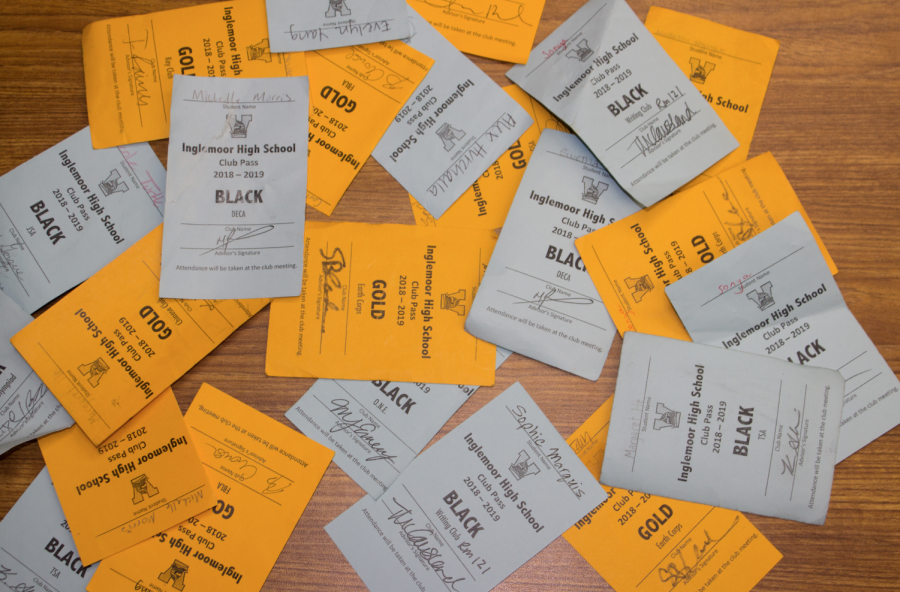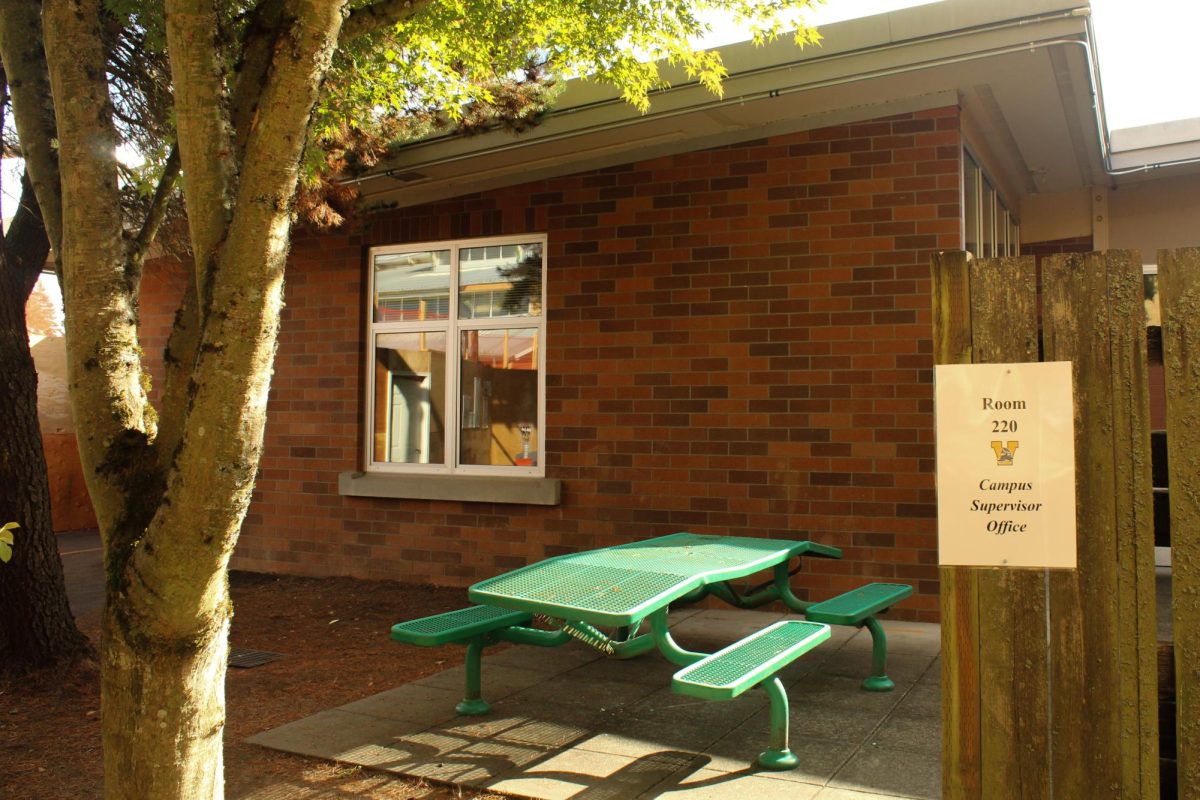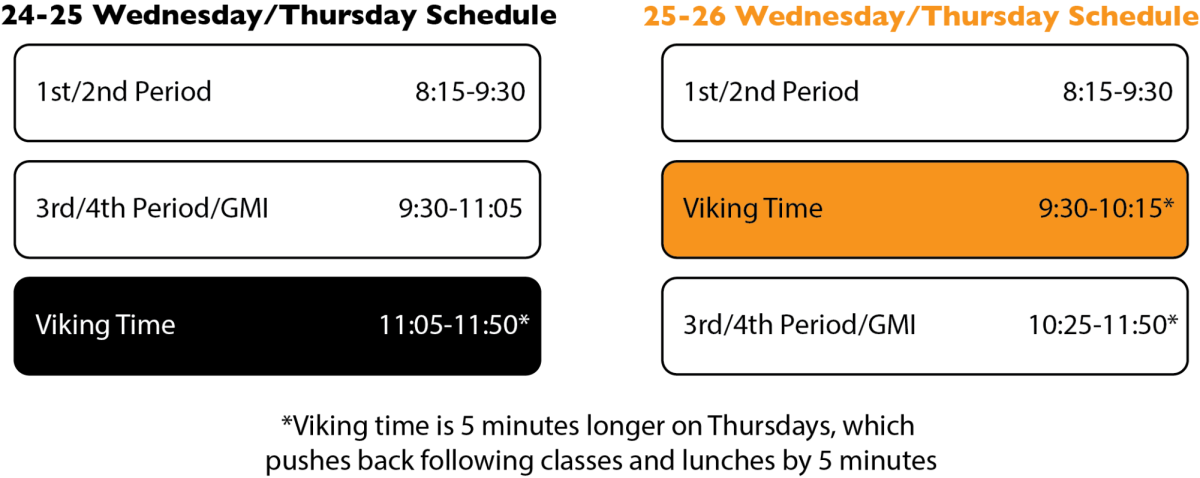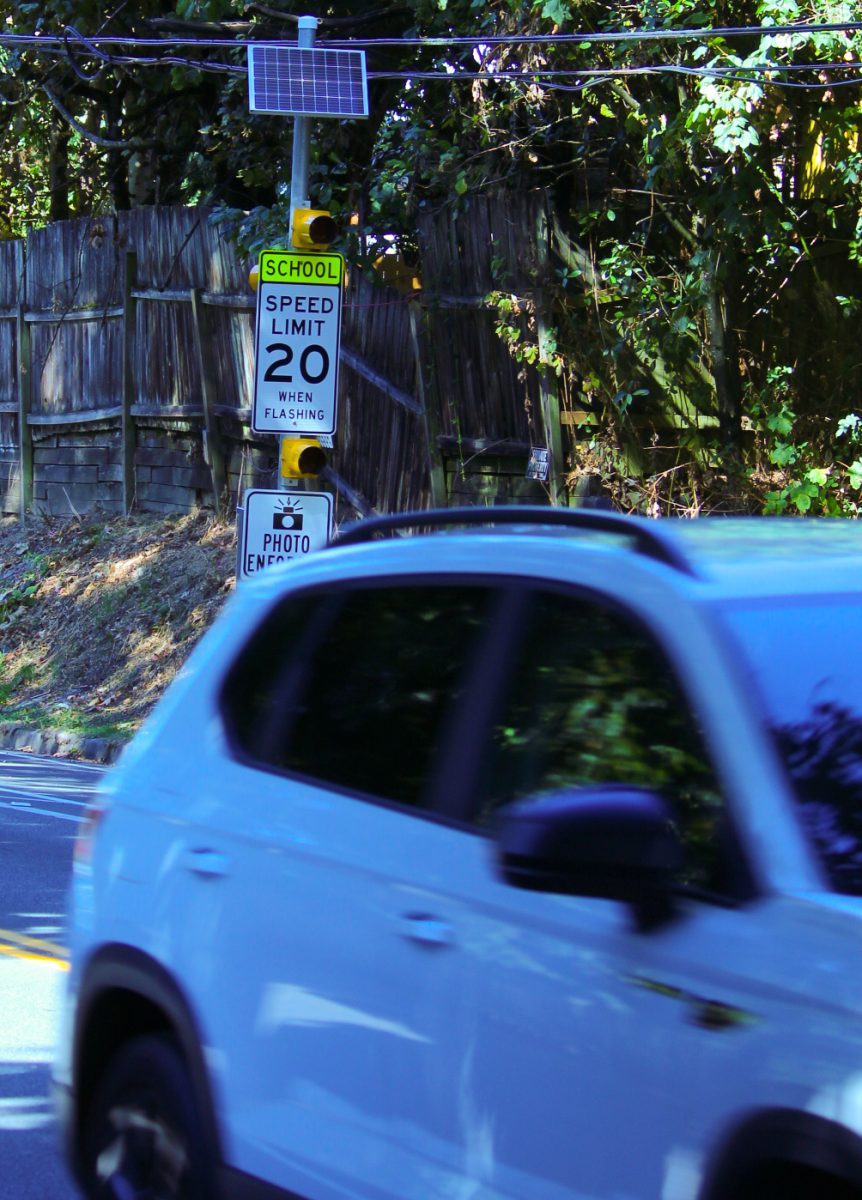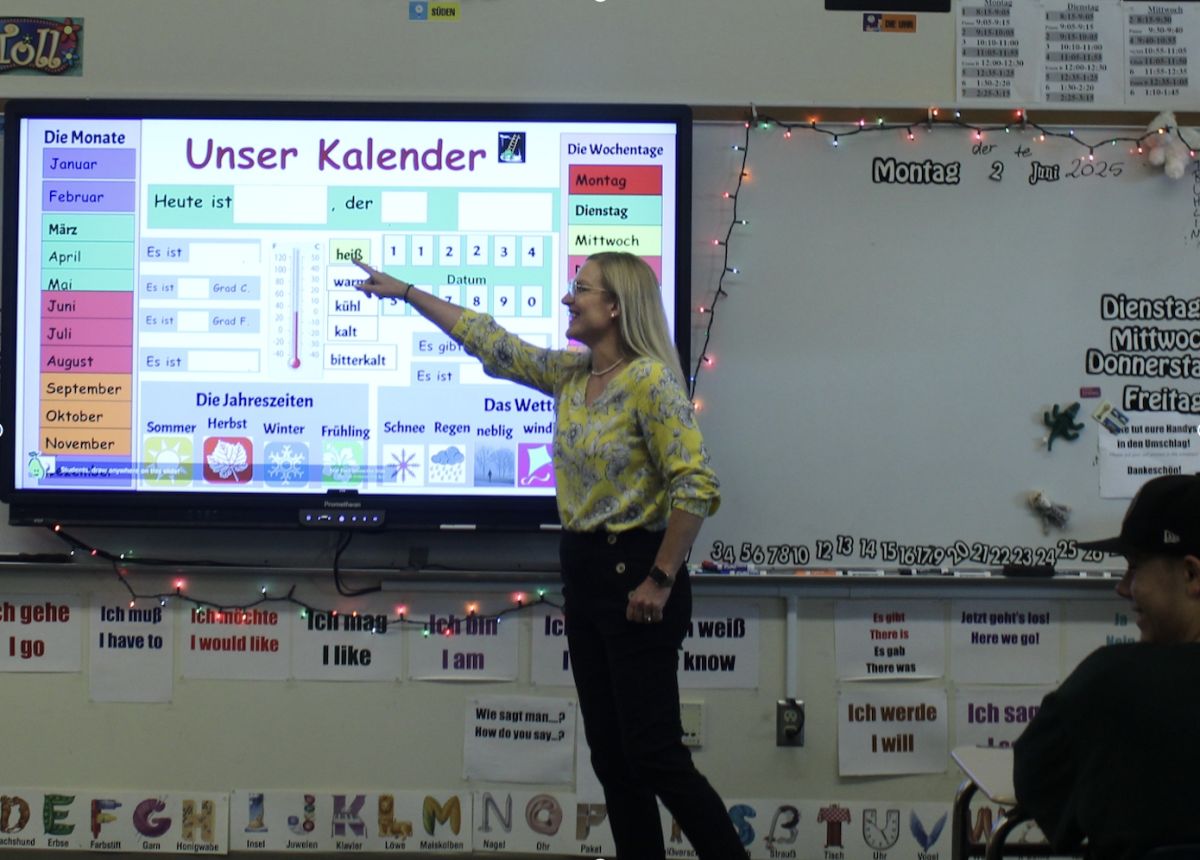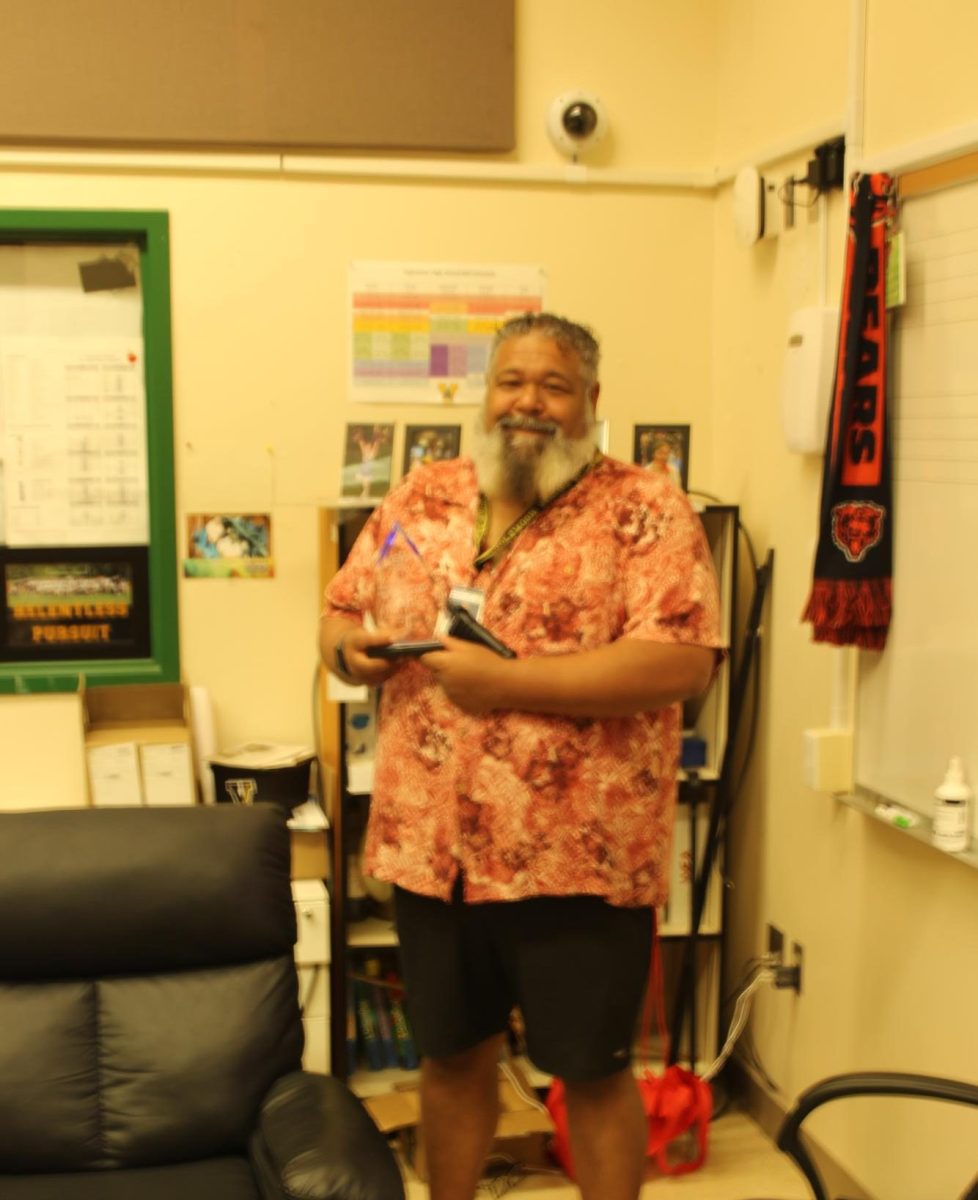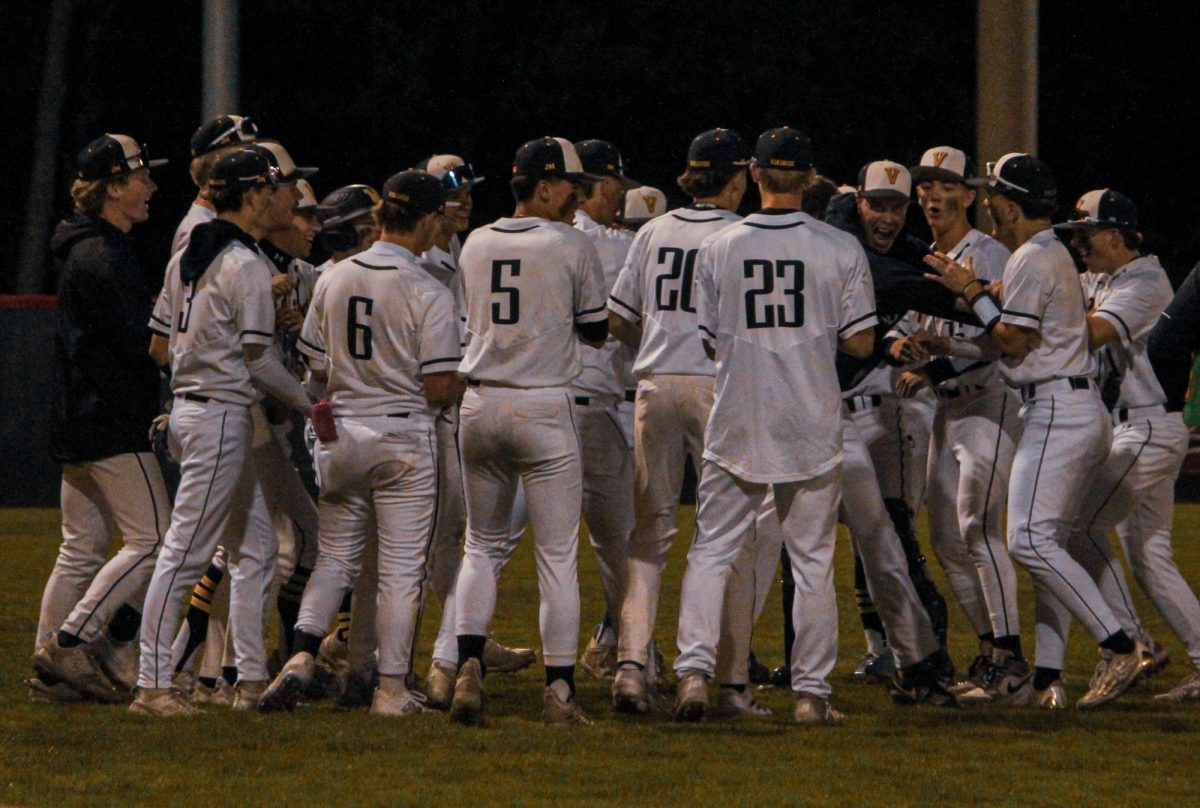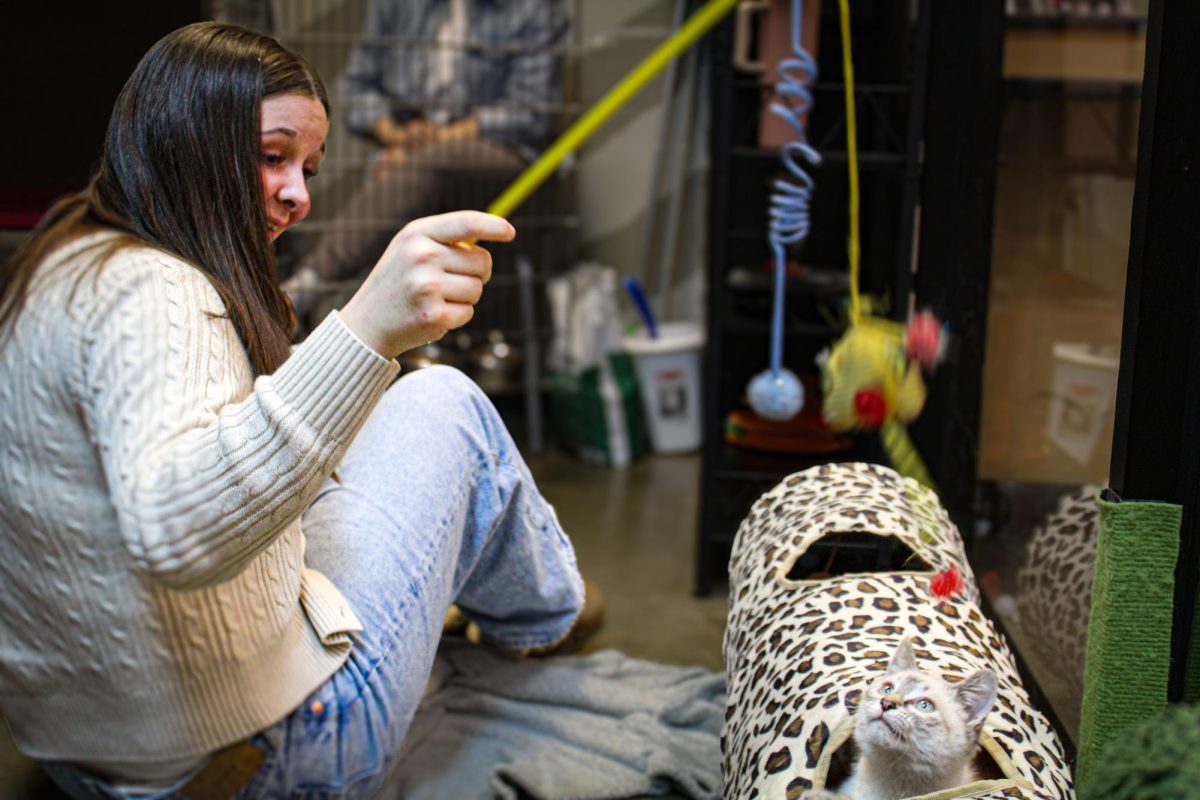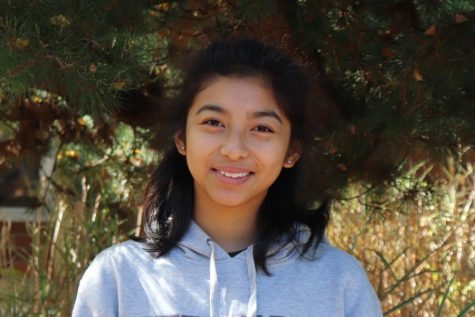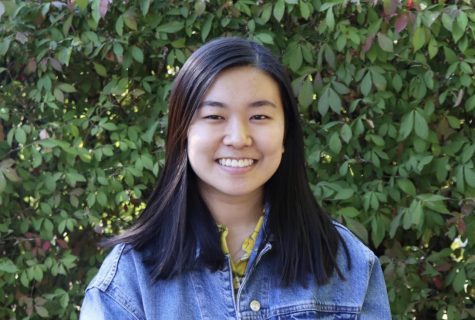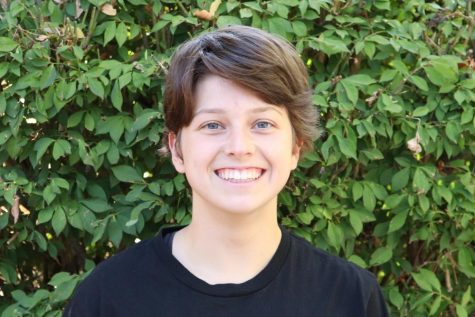At the start of this school year, administration and ASB implemented three club-related policies, one of which was switching to a Black and Gold club schedule (all policies are explained in the article, “Administration and ASB roll out three new club policies”). This schedule allows clubs to only meet on Mondays every other week, based on whether they are a Black or Gold club. As the school year progresses, many clubs are experiencing declines in attendance and overall club morale.
“Since the schedule [changed] to a Black and Gold schedule, some clubs have been experiencing conflicts,” HOSA (Health Occupation Students of America) co-president Sarita Pauly said.
HOSA, Pauly said, ran much more smoothly as a club last year when students were given more club time. With a lack of designated club time on block days this year, other clubs — Science Olympiad, FBLA and Model United Nations, to name a few — have also been facing difficulties.
“While advisory and grade checks are important, it has really affected our club’s ability to compete and do well at competitions because we’re not getting opportunities to meet and distribute important information [at school],” Science Olympiad president Johnson Kuang said.
Science Olympiad had their first invitational competition on Dec. 8 at Raisbeck Aviation High School, and although one of their three teams placed third in the region overall, adviser Christina Gutting said this year’s teams felt behind in preparation compared to past years.
“It’s hard to only have clubs every other week; it took us a long time to get started,” Gutting said. “By last year at this time, we had more passion.”
Clubs, Kuang said, provide students with vital life skills that can only be learned through participating in clubs, and they are a necessary part of a student’s life.
“Clubs aren’t a matter of students wanting to do something extra for fun. They’re serious and they’re important,” Kuang said. “It would be such a shame if, in ten years, Inglemoor didn’t run any clubs and students come to school just for classes.”
Pauly said confusion concerning advisers has also played a role in club setbacks. HOSA’s previous adviser, Anna Lee, currently has health problems and is unable to advise the club this year. The officer team originally scheduled a parent meeting in early November to tell parents more about the club, but the meeting was postponed because they’re still searching for a permanent adviser.
“We’re not certain of which teacher will travel with us to state, so we decided to call off the meeting; it seemed inappropriate,” Pauly said.
While HOSA was dealing with adviser complications, member motivation in TSA (Technology Student Association) was reduced.
“People weren’t taking TSA as seriously as they were last year,” TSA president Aroosh Kumar said.
TSA is classified under the CTSO (Career and Technical Student Organizations) and competes in regional, state and national competitions. Kumar said that events are rigorous, with student involvement requiring in-depth instructions that club time does not permit.
“We can’t use club time to actually do any event; we can only use club time for telling news, upcoming deadlines and maybe [some] short lessons,” Kumar said.
Besides clubs having limited time for productivity, members are unable to mingle and connect with other students. Pauly said it has been hard for HOSA to develop a “culture” in terms of traditions and relationships.
“We would love to hold more events to create a more unified club,” Pauly said. “But, due to [limited club meeting times], that’s really hard to do.”



